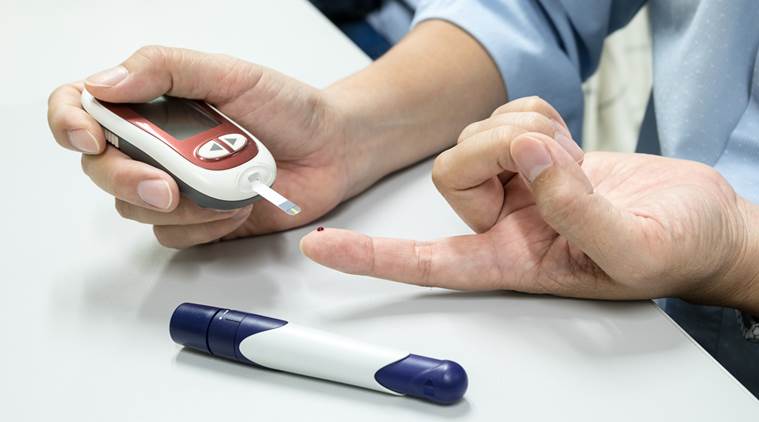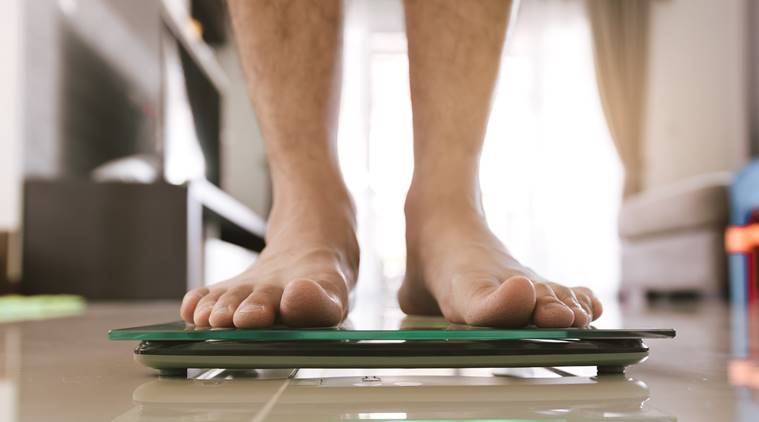
Currently, 62 million Indians are suffering from diabetes, with the average age for diabetes diagnosis being 42.5 years. Almost 7.1 per cent of Indian population is suffering from diabetes, a condition that affects the body’s ability to process blood sugar. There is an increased need to learn about the symptoms of diabetes in advance as better control of diabetes in the first few years of occurrence leads to healthier results in later life.
Dr Roopak Wadhwa, consultant, department of diabetes endocrinology and metabolism at Fortis Hospital, Shalimar Bagh shares the symptoms of the disease, and also suggests a few lifestyle changes that will help keep the disease away.
Some classic symptoms of diabetes include:
*The triad of polydipsia (excessive thirst)
*Polyphagia (excessive eating)
*Polyuria (increased urination)
One should be screened for diabetes if one of these symptoms at night are disturbing a person’s daily routines.

Also Read: Diabetes: What you should eat to keep your blood sugar level in control
Some other symptoms include:
*Excessive weight loss
*If a person feels lethargic, screening for diabetes should be done
*If anybody has fruity odour in urine, or notices the presence of ants in the urinal – one should suspect diabetes
*Itching or white discharge over genitalia (private parts)
*Visual complaints and increased correction of spectacles warrants diabetic investigations
*Blood sugar levels fasting >126 and post prandial (post meal) >200 mg/dl are confirmation of diabetes
*Fasting levels below 101-126 & post prandial levels between 140 -200 are defined as pre diabetes.

Diabetes is a progressive disease. It is very important to control high blood sugar levels to prevent any damage to the organs in diabetes. So one can follow these steps to reduce the escalation of drug treatment and even prevent initiation of Oral Hypoglycemic Agent) in patients of diabetes.
Also Read: Popular food ingredient may up diabetes, obesity risk
Occurrence of disease in individuals can be delayed by some lifestyle modifications. These include:
*Lot more physical activity: It can comprise of daily exercises including brisk walk, cardio workouts and yoga, which helps in better consumption of calories.
*Lose excess weight
*Discipline in dietary habits:
–Take plenty of fibers
–Have lot of whole grains
–Avoid fruits with high glycemic index
–Prefer wheat over rice
–Brown rice should be the preferred choice
–Have healthy nutrients in diet; avoid junk and processed foods
–Quit smoking
–Limit your alcohol intake